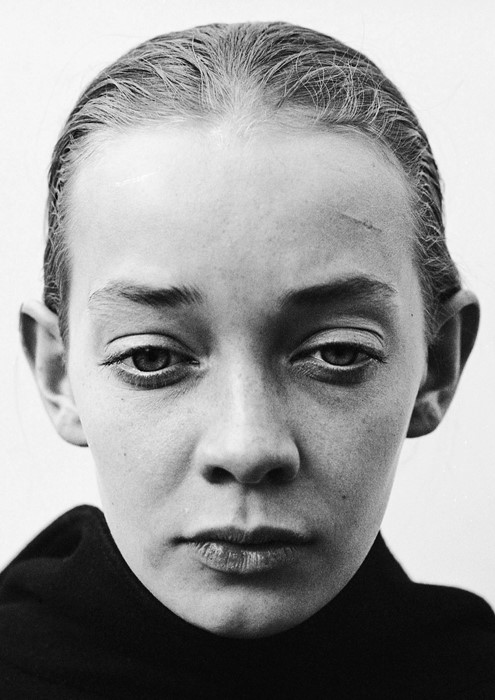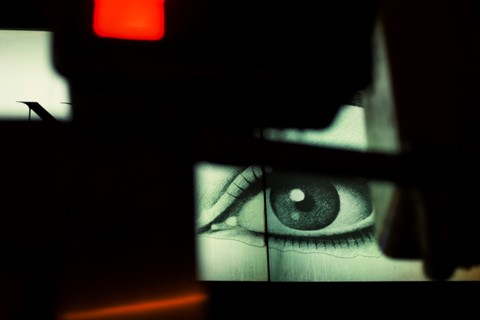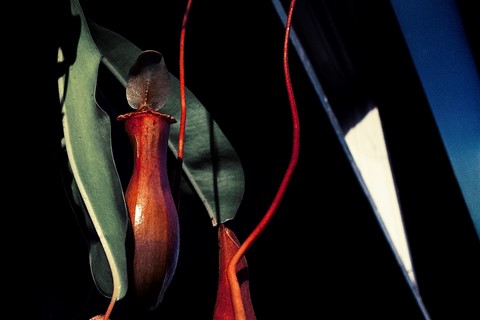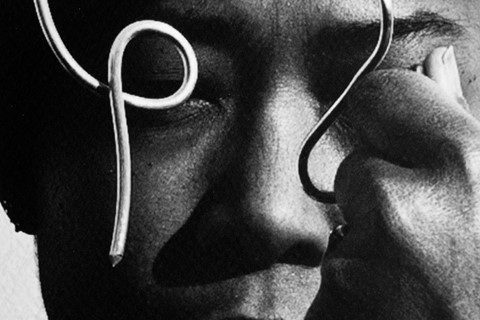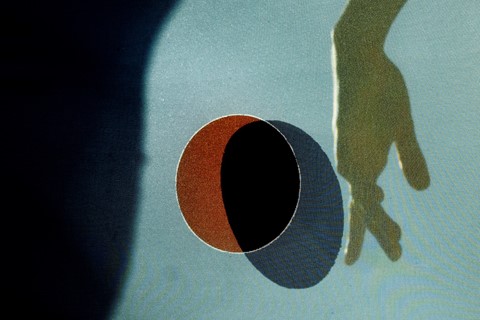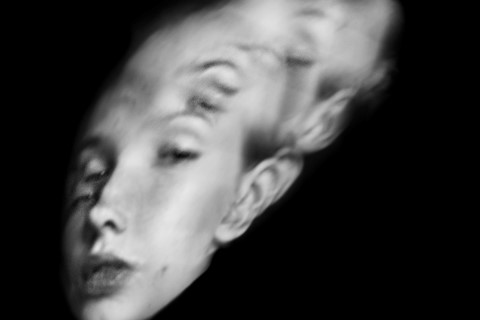AnOther contributor Jack Davison releases a new book, Photographs, capturing 12 years of the photographer’s work
Photographer Jack Davison has built his reputation making captivating editorial for publications such as the New York Times Magazine, Luncheon, and Port – as well as AnOther – but his debut book, Photographs, reveals a strikingly different body of work. A hand, an eye, a face refracted in a circle of glass, a swirl of swan necks, a snarling dog’s jaws – it’s hard to pin down what links these pictures, there are no captions, no story, no sense of where in the world these scenes exist. “People want to be able to call you an art photographer or a fashion photographer. It’s easier for them to put a tag on you. But I don’t necessarily feel comfortable in any of the realms,” says Davison. “I’ve always said I want to keep people confused forever.”
Davison explains that he isn’t interested in weaving a narrative. Instead he wants us to slow down, to pay attention, to have an intimate encounter with each image, and consider them on their own terms. This vision is matched by his meticulous process. Instead of working on large projects or series he focuses on making a single photograph, working on it until they’re finished, before moving onto the next. But while he’s a perfectionist he’s not a purist. “I’m pretty glad I didn’t study photography theory because people just tell you ‘this is the rule, this is how this works’. But there shouldn’t be any rules really. You should be able to play with whatever you want with respect for the medium. There’s no reason why you can’t try everything. I think that if I had gone to study it I would be less risky.”
Photographs is an eclectic mixture of personal and commercial work captured over the past 12 years. His images move seamlessly between editorial portraiture, streetscapes, still lifes, and mesmerising abstract compositions. He happily switches cameras, sometimes resorting simply to his iPhone, while the question of colour versus black and white comes down to intuition. “It sounds obvious, but if you want colourful pictures, take photographs of colourful things,” he says. He has a keen eye for the vibrancy of the mundane, whether it’s the white speck of a butterfly in the dark bowels of a blue tractor or the glossy bronze mouth of a pitcher plant, always matched by his unparalleled ability to lend images an abyssal depth through capturing a shimmering oil-slick blackness.
He spends a lot of time editing his pictures, drawing out the colours and paring down the photographs to their essentials. “I still like to play and make weird things. There’s beautiful experiments and mistakes you can make from playing with chemicals. I generally do everything you can in the darkroom,” he says. “I’ll finish the picture, I’ll make all the crops, and then I’ll print it and re-photograph it, because it adds different layers. So in the book you find film and digital, and photographs of other photographs, and scans of scans.”
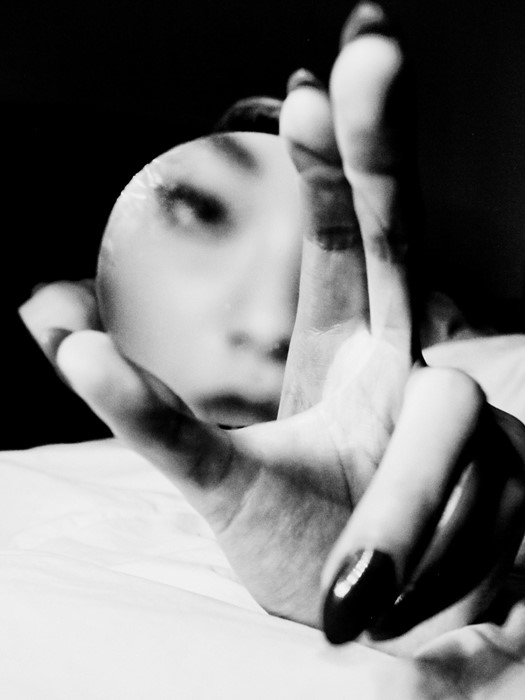
He’s attentive to the moments where the regularity of the world is punctured by its strangeness, sometimes finding the right picture is a game of chance. “Generally most of the strongest pictures are accidents or things I haven’t fully been in control of,” he says. “They’re all kind of thrown at me in some way. Sometimes I won’t see it straight away and I’ll come back to two years later and realise that’s what I saw at that point, that’s the thing that interested me. Often the first picture you choose isn’t the best one because you get excited by the obvious choice.”
To make this kind of photography takes an open mind and a willingness to accept mistakes. It’s also a sign of his singular capacity for empathy. Looking at the eyes and hands and mouths that his camera is drawn to, you get the sense he’s a photographer very much in touch with the world around him. “The greatest joy for me would be for this book to be heavily thumbed, coffee-stained, and well-loved. I love the idea that I might find a copy of it in 60 years’ time bent out of shape with pictures missing but it’s been felt and experienced.”
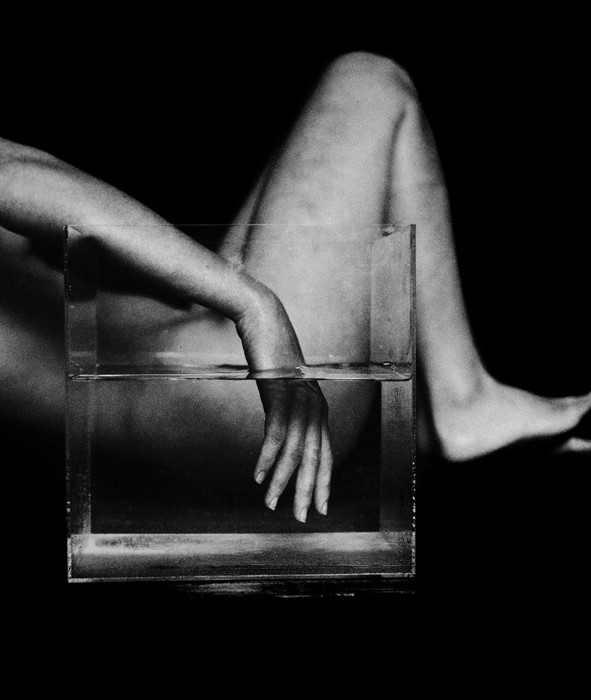
Photographs by Jack Davison, published by Loose Joints, is out now.
